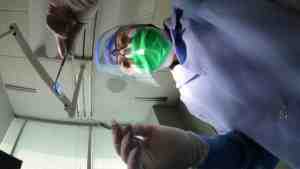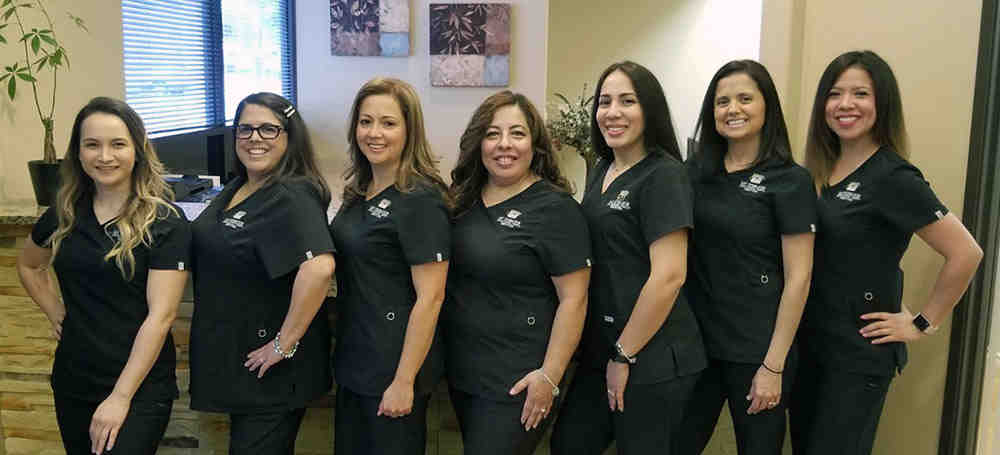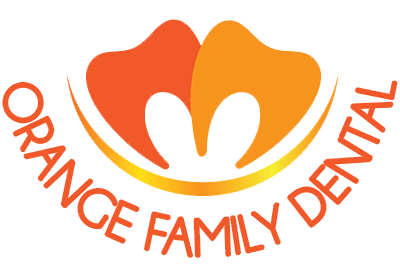Can I resume routine dental care?

Can COVID-19 be transmitted orally?
The virus is spread by respiratory drops released when someone with the virus coughs, sneezes or speaks. These drops can be inhaled or landed in the mouth or nose of a close person. Contact with a person’s spit through kissing or other sexual activities can expose you to the virus.
Can I be infected with COVID-19 if I am more than 6 feet away?
CDC continues to believe, based on current science, that people are more likely to become infected the longer and closer to a person with COVID-19. Today’s update acknowledges the existence of some published reports showing limited and rare circumstances in which people with COVID-19 infected other people who were more than 6 feet away or shortly after the positive person in COVID-19 left an area. enclosed, poorly ventilated spaces that often involved activities that caused more intense breathing, such as singing or exercising. These environments and activities can contribute to the accumulation of virus-carrying particles.
What types of dental procedures are considered an emergency during the COVID-19 pandemic?

Can I still take a walk in the neighborhood during the COVID-19 pandemic?
Unless specific local regulations prohibit it, going outside and taking a walk where you stay at least 6 minutes away from others can be a fantastic and safe way to stay healthy.
Can I have sex if my partner is experiencing some COVID-19 symptoms?
If your partner has had a fever, cough, or difficulty breathing recently, refrain from close contact or sexual activity (genital, oral, or anal) until your partner has seen a doctor. During sex, wearing a mask is unlikely to prevent transmission if one of the couples has COVID-19.
What to do during COVID-19 pandemic if you have asthma?
Keep your asthma under control by following your asthma action plan. Avoid asthma triggers. Continue with current medications, including steroid inhalers (“steroids” are another word for corticosteroids).
Is the Dentist’s Office safe during COVID-19 pandemic?

Should I still exercise during the COVID-19 pandemic?
Regular exercise has many benefits for your physical and mental health. The new coronavirus pandemic is disrupting all aspects of life, and exercise routines are no exception. COVID-19 enclosures for parks, gyms and gyms make exercise difficult. However, exercise is important for maintaining health, preventing weight gain, reducing stress, anxiety, and improving sleep. Some studies even show that regular, moderate-intensity exercise may have benefits that increase immunity, but the impact of exercise on COVID-19 susceptibility is unknown.
Could headache be a symptom of COVID-19?
Most people infected with the SARS-CoV-2 virus will not have mild or moderate symptoms associated with the brain or nervous system. However, most hospitalized patients have symptoms related to the brain or nervous system, which most often include muscle aches, headaches, dizziness, and altered taste and smell.
Can the coronavirus disease spread through food?
There is no evidence that people can get COVID-19 to eat food. However, sharing utensils and gathering around food service areas can present risks. If food is offered at any meeting or event, have pre-packaged bags or individual bags instead of a potluck, buffet or family meal.
Should I go to the doctor or dentist for nonurgent appointments during the COVID-19 pandemic?

What can COVID-19 do to your lungs?
Your lungs may become inflamed, making it difficult for you to breathe. This can lead to pneumonia, an infection of the small air sacs (called alveoli) inside the lungs, where the blood exchanges oxygen and carbon dioxide.
Can I stay at home if I have the coronavirus disease?
Most people with COVID-19 have mild illnesses and can recover at home without medical attention. Do not leave the house except for medical attention. Do not visit public areas.
Can COVID-19 damage organs?
UCLA researchers are the first to create a version of COVID-19 in mice that shows how the disease damages organs other than the lungs. With their model, the scientists discovered that the SARS-CoV-2 virus can stop the production of energy in the cells of the heart, kidneys, spleen and other organs.